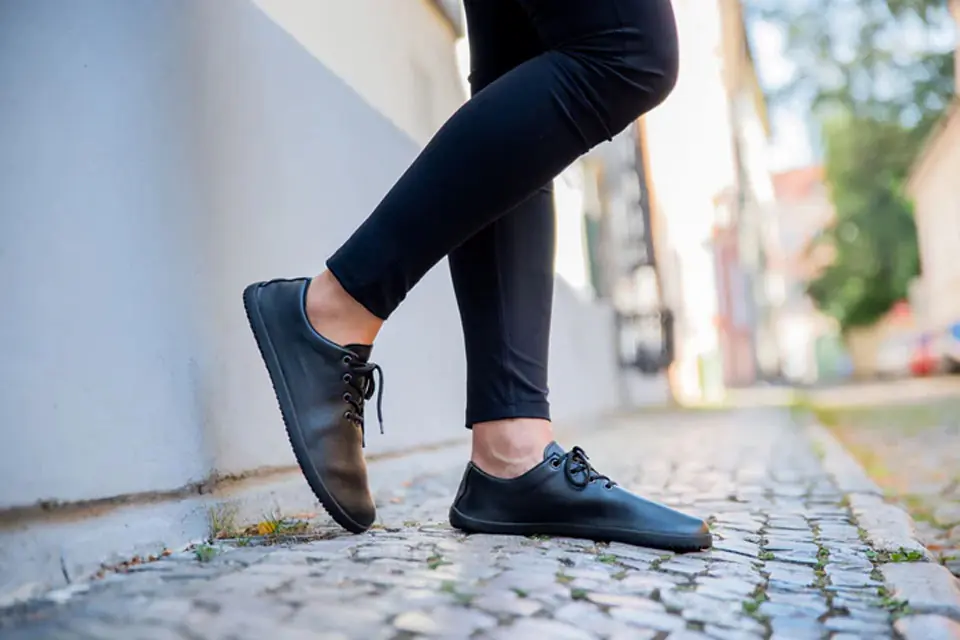
Can Barefoot Shoes Cause Knee Pain
The relationship between barefoot shoes and knee pain has been a topic of significant research and discussion in the scientific community. As more people transition to minimalist barefoot footwear, understanding their impact on knee health becomes crucial.

Table of Contents
Understanding the Biomechanics of Barefoot Running
Recent studies from pubmed google scholar have shown that barefoot running and minimalist footwear can significantly alter our running mechanics. The key differences include:
- Lower ground reaction force at impact
- Reduced knee adduction moment
- Modified foot strike patterns
- Different load rate distribution
When transitioning to barefoot running shoes, your body naturally adapts its movement patterns, which can affect knee joint stress levels.
The Scientific Evidence Behind Knee Impact
Research published in medical journals reveals interesting findings about barefoot running and knee stress:
| Factor | Traditional Shoes | Barefoot Shoes |
|---|---|---|
| Knee Adduction Moment | Higher | Lower |
| Impact Force | Variable | More consistent |
| Load Rate | Sudden spikes | More gradual |
| Joint Stress | Concentrated | Distributed |
How Barefoot Shoes Affect Knee Mechanics
The transition to barefoot shoes involves several biomechanical changes:
- Reduced heel strike impact
- Lower instantaneous load rate
- Better ground feel and proprioception
- Modified knee joint alignment
The Role of Proper Transition
One crucial aspect often overlooked is the proper transition period. Zero drop athletic shoes require a careful adaptation period to prevent potential knee issues:
- Start with short durations
- Gradually increase wearing time
- Pay attention to form and technique
- Listen to your body’s feedback
Common Misconceptions About Barefoot Shoes and Knee Pain
Several myths persist about barefoot shoes and knee pain:
- Myth: Barefoot shoes always cause knee pain
- Truth: Proper transition and form typically reduce knee stress
- Myth: More cushioning equals better knee protection
- Truth: Natural movement patterns often provide better joint alignment
Preventing Knee Pain with Barefoot Shoes
To minimize the risk of knee pain while wearing barefoot shoes:
- Choose appropriate footwear for your activity
- Maintain proper form
- Strengthen supporting muscles
- Progress gradually
- Monitor any discomfort
The Impact of Running Surface and Technique
Different surfaces affect how barefoot shoes impact your knees:
- Natural trails
- Concrete paths
- Track surfaces
- Grass fields
Frequently Asked Questions
What is the typical adjustment period for barefoot shoes?
Most people adapt within 4-8 weeks, but individual experiences vary based on previous footwear and activity levels.
How can I tell if barefoot shoes are causing knee pain?
Monitor any new discomfort, particularly during and after activity. Pain that persists or worsens should be evaluated by a healthcare professional.
Should I switch back to traditional shoes if I experience knee pain?
Consider your transition period and technique first. Consult a professional before making major changes.
Are barefoot shoes suitable for everyone?
While many people can benefit from barefoot shoes, individual factors like foot structure and existing conditions should be considered.
Scientific Research and Studies
Recent studies in the field have shown:
“Research indicates that barefoot running can reduce knee adduction moment by up to 12% compared to traditional running shoes” – Recent DOI PMC Free Article
Making an Informed Decision
When considering barefoot shoes for knee health:
- Assess your current fitness level
- Consider your running goals
- Evaluate any existing knee issues
- Plan a gradual transition
- Monitor your progress carefully
Conclusion
While barefoot shoes can potentially impact knee health, the relationship is complex and highly individual. Research suggests that with proper transition and technique, barefoot shoes may actually benefit knee health by promoting natural movement patterns and reducing joint stress. The key lies in proper education, gradual adaptation, and listening to your body’s signals.The evidence from multiple studies in pubmed google scholar suggests that barefoot minimalist footwear, when used correctly, can be part of a healthy running routine without causing knee pain. However, individual factors must always be considered, and professional guidance may be beneficial for optimal results.
